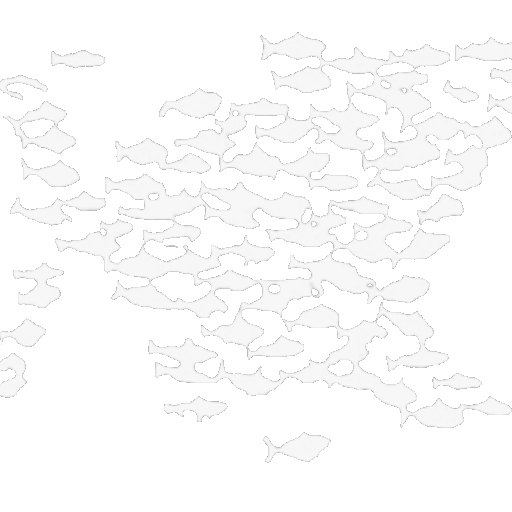Insurance
More actions
All coops that own property must take out buildings insurance. This is not to be confused with contents insurance, which is geared towards individual belongings rather than the building. Contents insurance is not a legal coop requirement, whereas buildings insurance absolutely is, and many lenders' conditions will include having up to date insurance. This tends to cost between £300 - £1000 per property per year. Some coops with multiple flats or houses might expect to pay more.
How to look for insurance
To get insurance, you can either
- Arrange this directly with an insurance company. Some examples of insurance companies that Radical Routes coops go to directly are Aviva and NFU Mutual. Zurich Insurance used to offer insurance to housing co-ops, but as of 2024 they no longer do (don't know if they insure worker co-ops).
- Go through an insurance broker who will find the best deal for your coop. Some examples of insurance brokers that Radical Routes coops go to are Naturesave insurance, One Brokers, Birnbeck insurance services, Keegan & Pennykid and Marsh.
Reinstatement value
It is important to make sure that your insurance does cover the actual rebuild costs, should a property burn down/fall down. This is called the reinstatement value of a property, i.e., the amount it would cost to possibly clear the site, and the labour and materials needed to rebuild it from scratch completely. Declaring this value is a standard requirement for all building insurance policies.
If you have undervalued the coop's building on your insurance policy, you will be unable to claim on your insurance, should you ever need it.
How to find out your reinstatement cost
Reinstatement cost assessments can be done
- through an | online residential rebuild cost calculator (developed by RICS & the | Association for British Insurers) - You need to input various characteristics including the approximate year it was built, the floor area in square feet or metres, the type of roof you have and the number of bedrooms (up to 6). This gives you an estimate reinstatement value.
But, to get a Reinstatement Cost Assessment, insurers might need you to involve a professional assessor (qualified RICS building surveyor) to ensure accuracy, which enables the claim amount to be in line with the true cost of replacement. This value is totally independent of the market value of a property. This could be -
- RCA on its own by a surveyor,
- included in a full valuation, or
- in a Homebuyers reports (Level 2) where a valuation is included.
Types of Home Surveys
There are three levels of Royal Institution of Chartered Surveyors (RICS) home report.
- Level one is the condition report; these reports check the basic condition of the building.
- Level 2 is the RICS Homebuyers report, which reports on the condition of the property in addition to giving a valuation and a reinstatement cost. These are carried out on conventional buildings that are less than 80 years old.
- Level 3 building surveys do not include a valuation.
How often should coops check their insurance covers reinstatement costs?
The Royal Institution of Chartered Surveyors (RICS) recommends that a Reinstatement Cost Assessment is carried out every 3-5 years by a qualified and experienced surveyor – or sooner if your property has been extended or altered. One insurance company have suggested a coop revalue their property every 5 years to allow for increased costs in building materials, energy, inflation etc.
A couple of RR coops have found their rebuild costs come out higher than the market value of their properties. Compare My Move says "Reinstatement costs tend to be higher than the market value, although this isn’t always the case. This is because homes are usually built as estates nowadays and the cost is spread across multiple properties. Therefore, when building a singular property, the costs are more focused and specific. This can drive the cost of materials and labour up."
Other types of insurance that may be relevant for coops
Business interruption insurance
Business interruption insurance covers you for loss of income during periods when you cannot carry out business as usual due to an unexpected event. This is often included in, or offered as an optional extra to, business insurance packages which combine a number of different policies under one premium.
Public Liability
Public liability insurance covers the cost of claims made by "members of the public for incidents that occur in connection with your business activities", for example, in case someone gets hurt when your house falls down. Public liability covers you for incidents that take place in the coop, or incidents that take place by coop members elsewhere. It is strongly recommended that all businesses take out public liability.
Fidelty insurance
Fidelity insurance gives you coverage against financial loss due to theft, dishonesty, fraud or misconduct by members while undertaking coop duties. Events of loss covered under the policy will typically include:
- Theft of cash register’s monies
- Misappropriation of the business’s cash for the employees’ personal gain
- Theft of the business’s inventory
